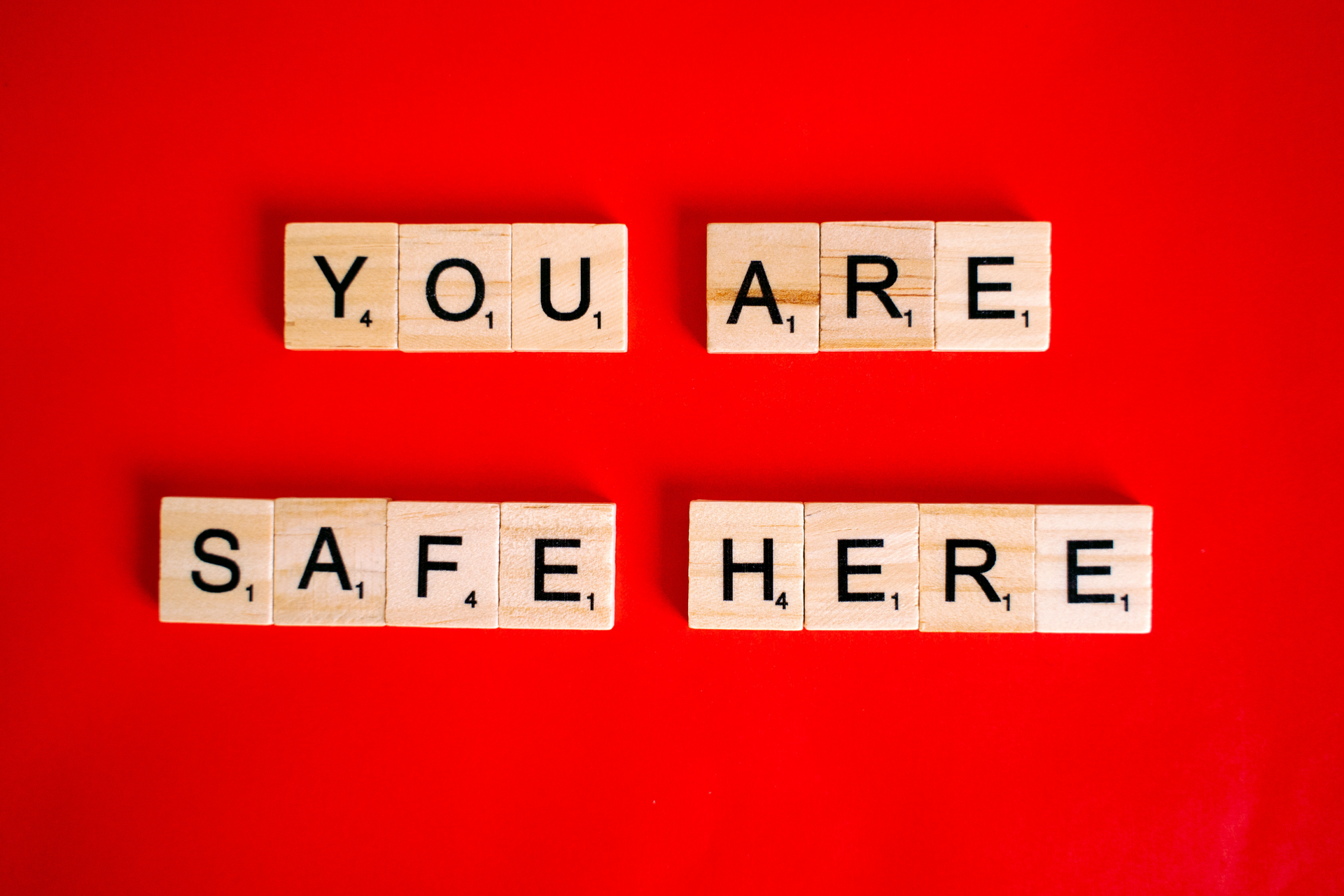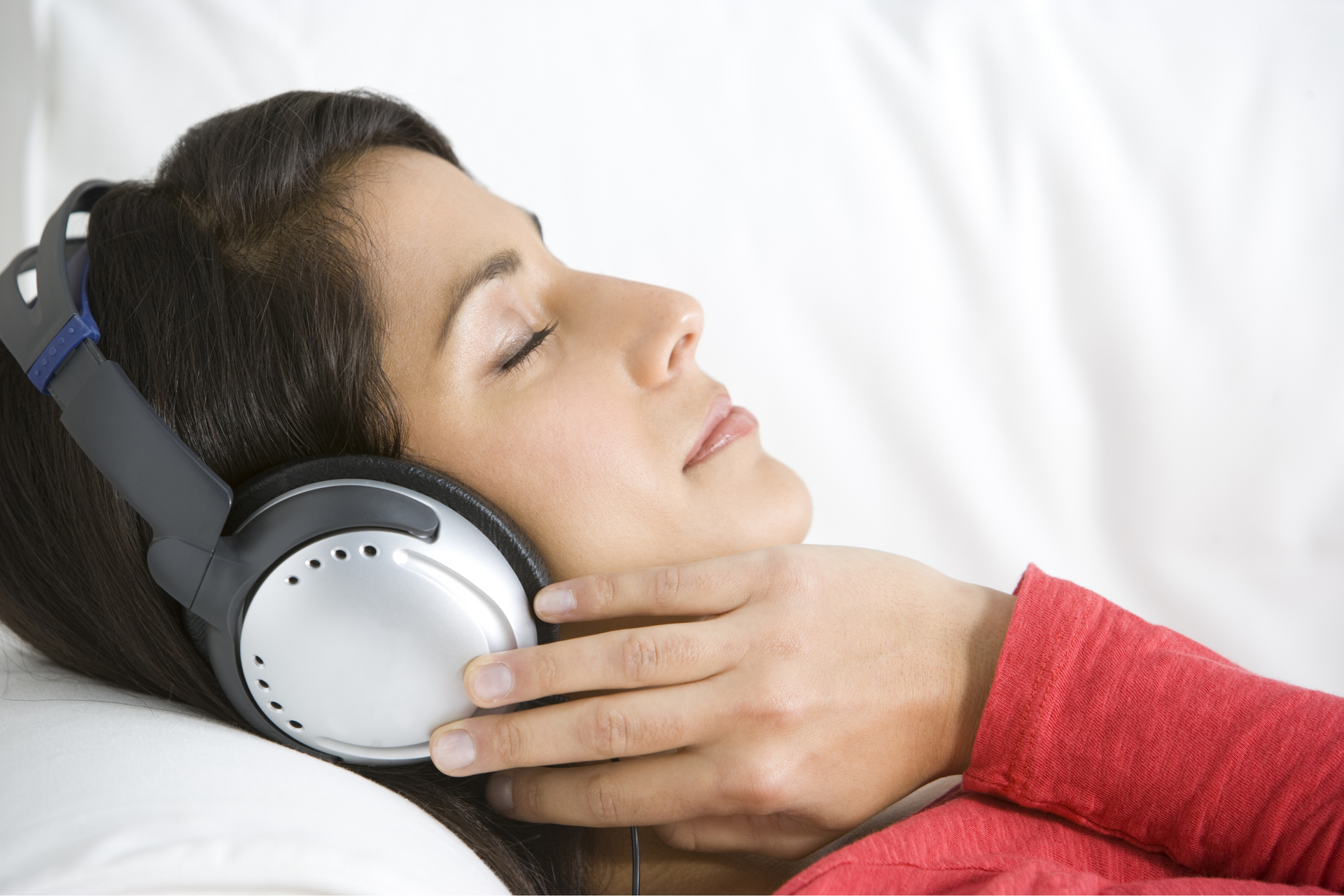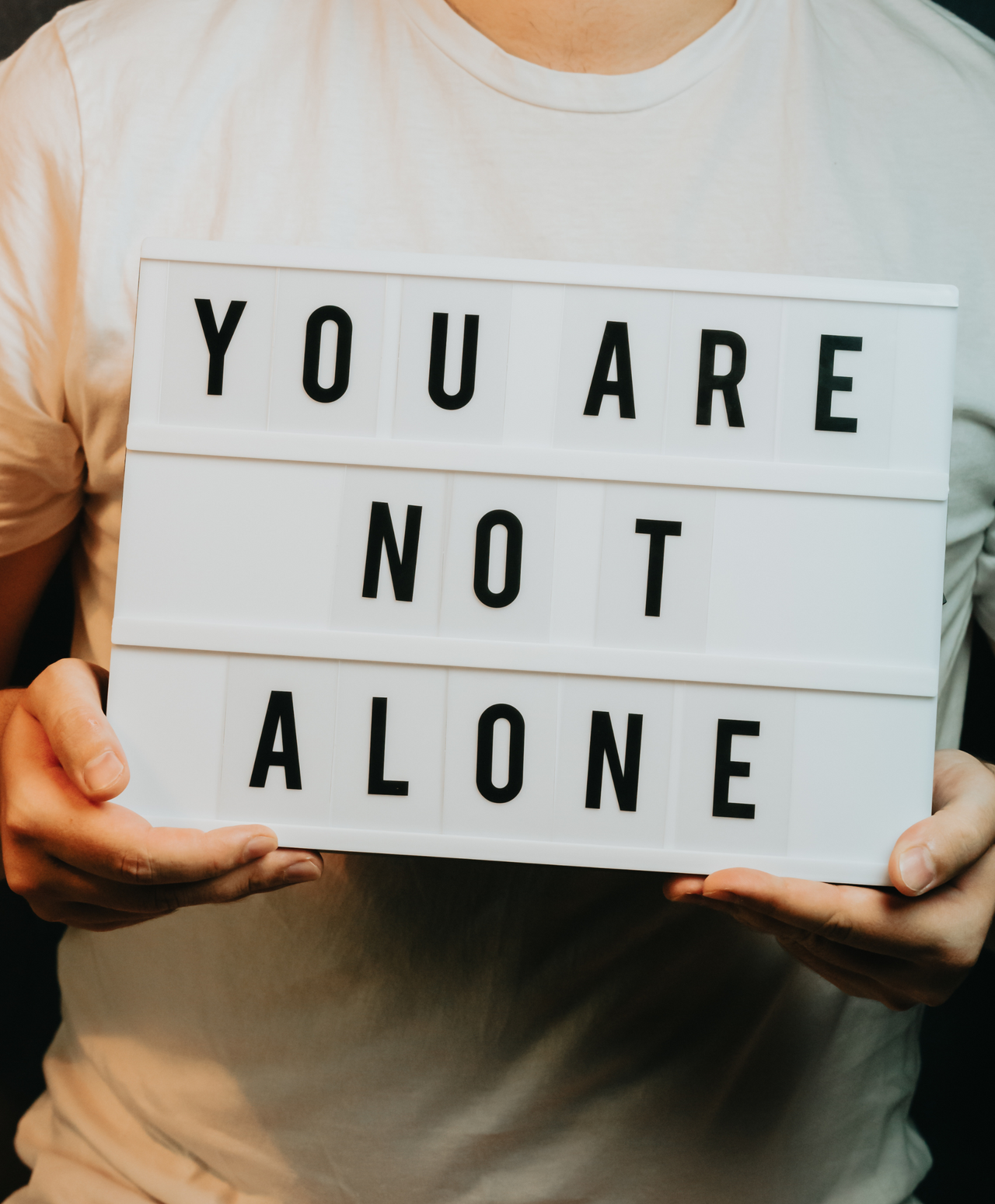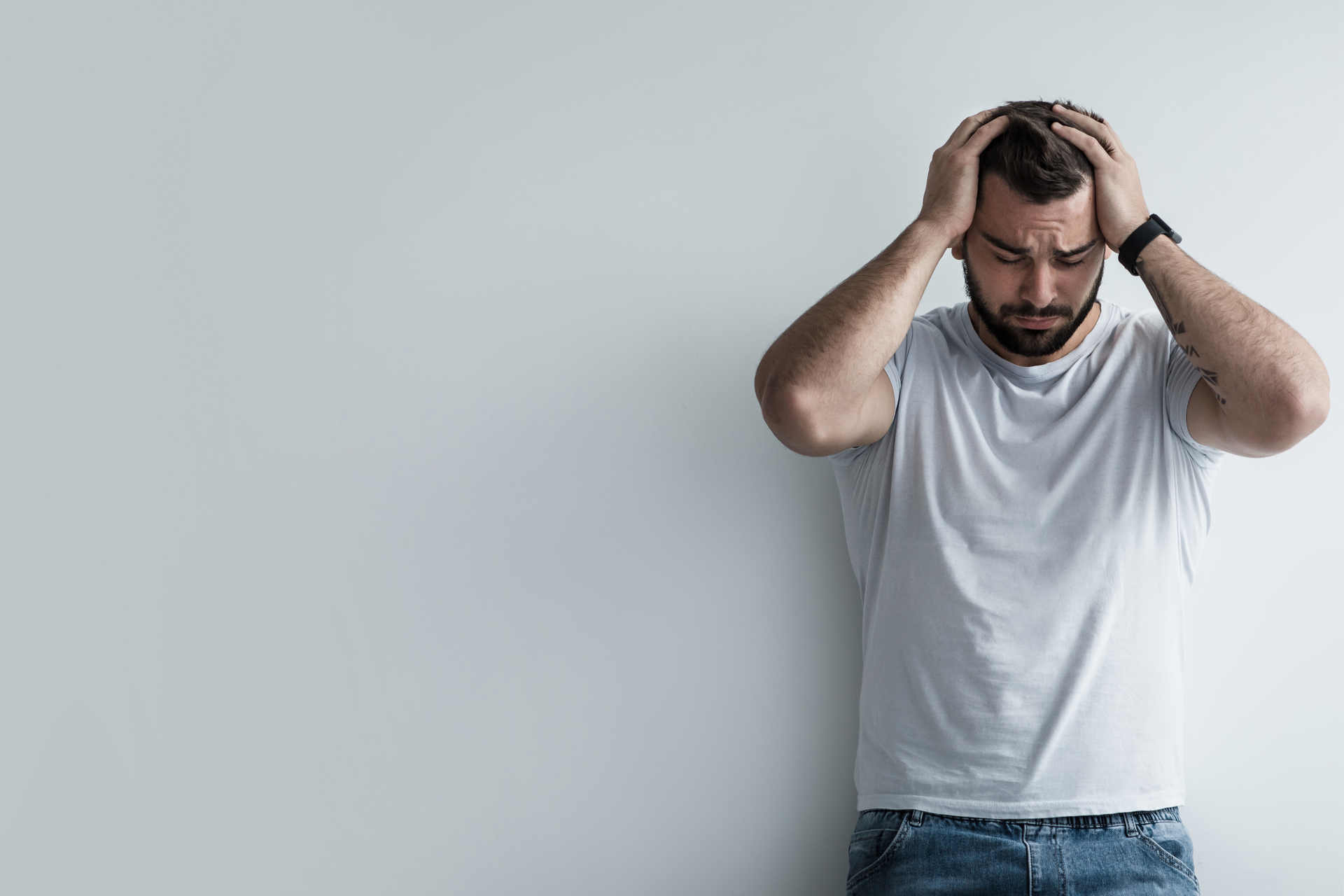November Is Mental Health Awareness Month: Let’s Focus on Men’s Mental Health
Mental health challenges affect millions of men, yet societal expectations and stigmas often prevent men from seeking help.

As we observe Mental Health Awareness Month this November, it’s an important time to focus on a topic that doesn’t always receive the attention it deserves: men’s mental health. Mental health challenges affect millions of men, yet societal expectations and stigmas often prevent men from seeking help. At Coastal Wellness, we believe that mental health is essential to overall wellness, and addressing men's unique needs can help build healthier lives, relationships, and communities.
The Reality of Men’s Mental Health
While mental health affects people of all genders, men face particular challenges in recognizing, discussing, and addressing their mental health needs. Studies show that men are significantly less likely to seek mental health treatment, often due to societal expectations that men be "strong," "self-reliant," and emotionally reserved. This hesitation can lead to untreated mental health issues, which, in turn, can contribute to isolation, relationship difficulties, and even physical health concerns.
The statistics surrounding men’s mental health reveal the need for greater awareness and support:
- Men are less likely than women to seek help for mental health issues. This reluctance can lead to delayed diagnoses and untreated mental health challenges.
- Men are at higher risk for suicide. In fact, men make up 79% of all suicide cases in the United States, a statistic largely attributed to untreated or undiagnosed mental health conditions.
- Depression and anxiety in men can manifest differently than in women, often presenting as irritability, anger, or escapism through substances or risky behaviors.
Signs of Mental Health Challenges in Men
Because men may express mental health concerns differently, it’s important to recognize some of the ways depression, anxiety, and other conditions might show up. Here are some common signs that may indicate a man is struggling with his mental health:
- Increased irritability or anger
- Withdrawal from social activities, family, and friends
- Loss of interest in hobbies or activities he used to enjoy
- Increased alcohol or substance use
- Risky behaviors, such as driving recklessly
- Physical symptoms, including headaches, digestive issues, or chronic pain without a clear cause
Recognizing these signs in oneself or a loved one can be the first step toward getting help and starting the journey to improved mental well-being.
Breaking the Stigma: Encouraging Men to Seek Help
One of the biggest barriers to mental health care for men is stigma. Many men fear that seeking help will be seen as a sign of weakness, which can discourage them from accessing the support they need. At Coastal Wellness, we advocate for open conversations about mental health and believe that seeking support is a sign of courage and self-respect.
Here are some ways to help normalize the conversation around men’s mental health:
- Challenge stereotypes: Help redefine strength to include emotional openness. Encourage men to talk about their feelings and validate those who do so.
- Share stories: Hearing about other men’s experiences with mental health can inspire those struggling to open up about their own challenges.
- Promote supportive environments: Friendships, workplaces, and families can all play a role in making mental health discussions normal and supportive.
- Lead by example: If you’re a man who’s gone through therapy or counseling, consider sharing your story. Your experience might just be what someone else needs to hear.
How Therapy Can Help Men
Therapy offers a safe space to work through emotions, develop coping strategies, and understand one’s mental health on a deeper level. Here at Coastal Wellness, we offer a variety of therapy options tailored to meet each individual’s unique needs. Some of the treatments we provide include:
- Cognitive Behavioral Therapy (CBT): Helps in identifying and changing unhelpful thought patterns, which can be especially useful for managing anxiety, depression, and stress.
- Mindfulness-Based Therapy: Teaches techniques to stay grounded in the present, reducing stress and promoting relaxation.
- EMDR and Accelerated Resolution Therapy (ART): Effective for processing trauma, these therapies are highly beneficial for individuals dealing with past traumatic experiences.
Whether a man is looking to improve his mental health, manage a specific issue, or simply explore personal growth, therapy can be an invaluable tool on the journey to wellness.
Self-Care Practices for Men’s Mental Health
For men who may be hesitant about therapy, self-care practices are a great place to start. Here are some strategies that can benefit men’s mental health:
- Physical Exercise: Physical activity releases endorphins, improves mood, and reduces stress.
- Journaling: Writing down thoughts and feelings can provide an emotional release and offer insight into what might be causing stress or anxiety.
- Mindfulness and Meditation: Practicing mindfulness helps reduce anxiety and improves overall mental clarity.
- Seeking Support: Whether through friends, family, or support groups, connecting with others is a powerful way to combat isolation and improve mental well-being.
Reach Out: Coastal Wellness Is Here to Support You
If you or a man in your life is struggling, remember that help is available, and healing is possible. At Coastal Wellness, our compassionate and experienced team is here to provide confidential, supportive mental health services tailored to each individual’s needs. This November, let’s work together to foster an environment where men feel empowered to prioritize their mental health and take that first step toward wellness.
Remember, seeking help is not a sign of weakness - it’s a powerful choice toward a healthier, happier life.
Coastal Wellness and Life Coaching Center
(321) 757-4015















Share On: